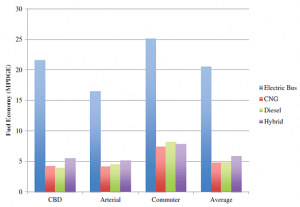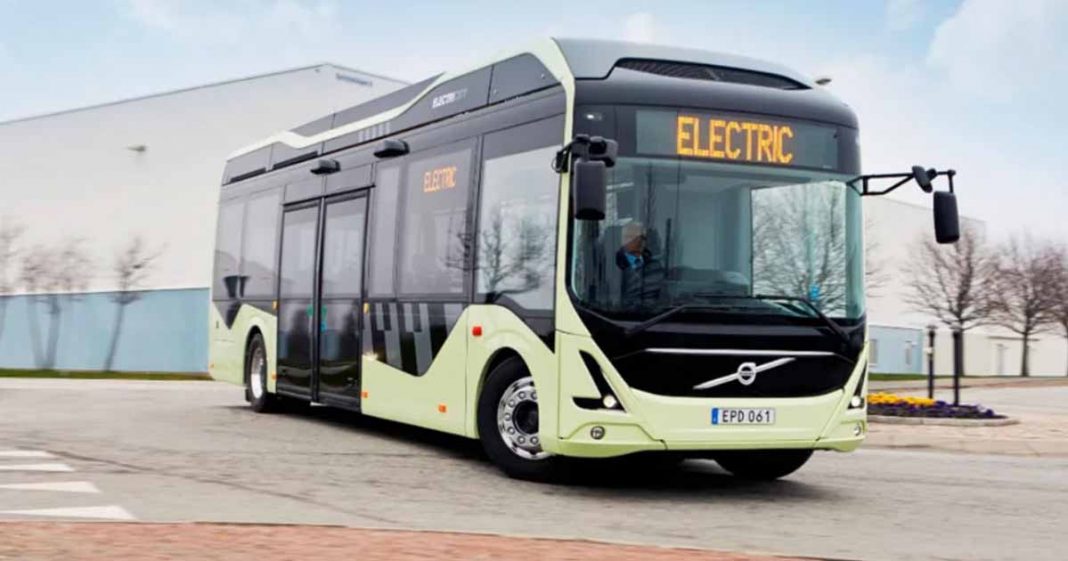The Punjab government has announced yesterday plans to introduce electric buses as a substitute for the existing fossil fuel-based buses that run in the province now.
The Chief Minister of Punjab Usman Buzdar announced the plans yesterday as a strategy to combat smog and air pollution. The air quality in the city’s capital has been deteriorating as winter arrives.
#Lahore Transport Company to receive 100 electric buses
Lahore Transport Company (LTC) Chairman Dr Shahid Siddique has stated that the transport service would receive 100 electric buses within month, a news source reported on September 30. pic.twitter.com/8AwAu9wt76
— Developing Pakistan (@developingpak) October 6, 2020
The air quality index (AQI) in Lahore today is 306, which is considered ‘hazardous’. Earlier this month the AQI had reached above 400 which is extremely detrimental to residents’ health. The ‘hazardous’ rating is the worst rating in the AQI.
Electric buses may help mitigate air pollution in the city. The buses are expected to travel over 103 kilometers along six routes in Lahore. The program will also eventually be introduced into other cities.
The Chief Minister said that “The new transport facility will also be helpful in reducing environmental degradation and smog. The government will take every step to benefit the people.”
Vehicle inspection & certification systems are also expected to be tightened in order to ‘eradicate smog.’
“No compromise will be made in this regard and I will personally inspect cleanliness by conducting surprise visits”, he promised.
Electric buses are better than fossil fuel-based buses
According to a study by ‘Green Energy Consumers Alliance’: electrifying cars, buses, trains (and large ferries) is a critical and necessary step to clean transportation emissions.
Electrification should be a key component of the much larger plan to offer abetter transportation service: modern, cleaner, and cheaper for everyone especially when considering long-term fuel and health costs savings. Electric vehicles (EV) provide a public health service because they eliminate noxious gases and particulate pollution that are detrimental to human and animal health, and the greenhouse gases (GHG) that are heating up the planet.
Efficiency And Lifecycle Costs
Combustion engines are generally inefficient compared to battery electric vehicles and a recent study has even quantified how much the ‘urban heat island effect’ is exacerbated by waste heat from gasoline cars. Medium and heavy-duty vehicles – such as buses –are highly inefficient compared to their electric counterparts. The average fuel economy of a combustion bus – be it diesel, compressed natural gas (CNG), or a more modern diesel-hybrid – hovers around 5 miles per diesel gallon equivalent (mpdge). Conversely, an electric bus is four times more efficient, having an average fuel economy of 20 mpdge, as shown below. The credits for the image are given below. The prices are given in USD.

Fuel economy of buses measured at the Federal Transit Authority (FTA) Altoona Bus Research Test Center. CNG = Compressed Natural Gas. CBD = Central Business District
National Academies of Sciences, Engineering, and Medicine 2018. Battery-Electric Buses State of the Practice. Washington, DC: The National Academies Press, DOI: 10.17226/25061
Even if batteries lose some range in cold and hot temperatures – this 2016 estimate from the Union of Concerned Scientists quotes a 35% reduction in range at 0°F and 95°F – an electric bus has still more than twice the efficiency of a combustion bus.
Furthermore, the upfront costs for battery buses are projected to decrease further in Pakistan if bus manufacturing scales up because of increasing demand, and the price of lithium-ion batteries falls. With electricity prices already lower and less volatile than diesel’s, and with lower maintenance costs, an electric bus is already cheaper to own and operate over the vehicle’s lifetime.
Agencies around the world recognize these multiple advantages and are rapidly moving away from fossil fuel buses. China still dominates the global market share for electric buses, but transit agencies across Europe and now North America are catching up because they recognize the economic value of this clean energy transition. Pakistan too hopes to be one of these countries that enjoy better sustainability with less social costs in Public Transport.
GVS News Desk














